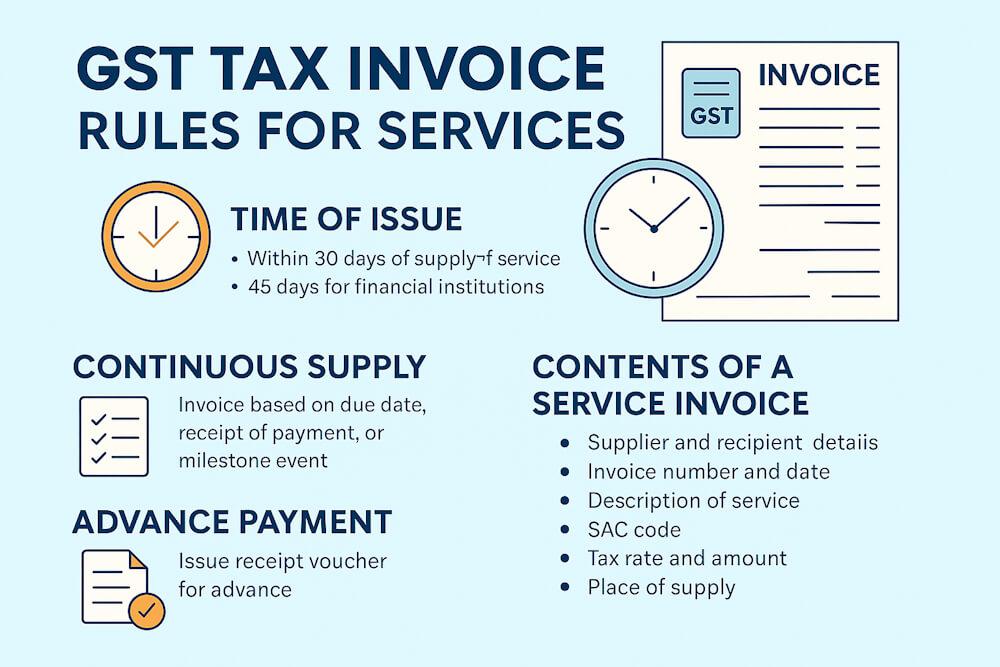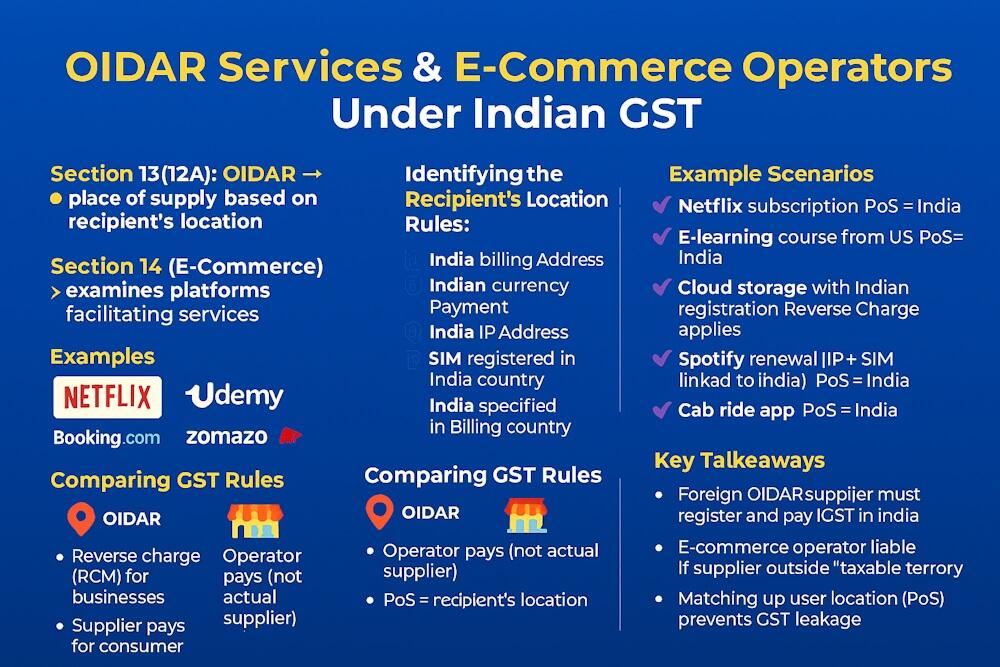What Is Equity Compensation?
Equity compensation is non-cash pay that is offered to employees. Equity compensation may include options, restricted stock, and performance shares; all of these investment vehicles represent ownership in the firm for a company's employees.
Equity compensation allows the employees of the firm to share in the profits via appreciation and can encourage retention, particularly if there are vesting requirements. At times, equity compensation may accompany a below-market salary.
Understanding Equity Compensation
Equity compensation is a benefit provided by many public companies and some private companies, especially start-up companies. Recently launched firms may lack the cash or want to invest cash flow into growth initiatives, making equity compensation an option to attract high-quality employees.
Traditionally, technology companies in both the start-up phase and more mature companies have used equity compensation to reward employees.
With equity compensation, there is never a guarantee that your equity stake will actually pay off. As opposed to equity (or in combination with equity compensation), being paid a salary can be beneficial—you know exactly what you're getting. There are many variables that can impact your equity compensation.
How Is Equity Paid Out?
Each company pays out equity differently. The two main types of equity are:
- Vested equity – Payments are made over a predetermined number of instalments delineated by a contract.
- Granted stock – Provided at the beginning of a contract.
Although the equity offer may be significant, the employee assumes the risk of accepting equity in place of, or in addition to, a salary.
It is critical to know the structure of the deal and the kind of equity being offered. Sometimes, an employee may discover that the company is not offering equity but rather options to purchase equity. Additionally, there are times when those options being offered are in a different class of equity from that of the founders.
The option plan may stipulate that the employee exercise their options within 60 days of leaving the company. The employee has to purchase equity before knowing if the company will be successful and the equity will have any value.
Fairer Equity Plan Options
Asking an employee to take a lower salary and offering unfavourable equity terms is not a winning strategy for any company seeking to hire great talent. Here are some reasonable equity plan options:
- The company purchases the options for the employee, thus assuming the risk and saving the employee the cost of exercising the options.
- The company lends the employee the money to purchase the options and is paid back when the options are liquidated.
- The company extends the option period to 10 years (instead of 60 days) so that the employee doesn't have to exercise their options immediately and can hold them to see if their value increases over time.
All of these solutions are favourable to new hires since the option period is extended and the employee is not required to pay for the options upfront.
When Equity Terms Are Unfavourable
However, a potential employee may encounter an employer that plays hardball in these types of negotiations and presents them with unfavourable terms. In this situation, they should take charge and either walk away or enlist an agent or legal representation to help with the negotiations.
It is easy to think that stock options won't matter in the long run, but then, why take a lower salary in the first place?
Sometimes a company isn't even willing to negotiate in these instances. A company's reluctance to compromise can be an indicator to employees of how it treats its employees. At best, it can signal a culture of rigidity; at worst, it can imply that employees may be exploited. Who wants to work for a company like that?
The Role of Trust and Fair Deals
Your employees are the key to your success, and finding good ones is hard. When you finally find someone with the right skills who is also a culture fit, you should make sure they feel good about and are committed to your mission. If you make a mistake, you do have recourse, though.
Smart entrepreneurs know that finding good employees is not possible without fair, clear and mutually beneficial employment contracts. They should not take advantage of would-be employees with unfair deals and convoluted contracts.
What Should Employees Do?
Potential employees who feel like a certain deal is unfair should consult with an expert. They should ask about the details of similar deals. The cash component of these deals is typically easy to understand; the equity component, not so much.
Types of Equity Compensation
Stock Options
Companies that offer equity compensation can give employees stock options that offer the right to purchase shares of the companies' stocks at a predetermined price, also referred to as the exercise price.
This right may vest with time, allowing employees to gain control of this option after working for the company for a certain period of time. When the option vests, they gain the right to sell or transfer the option. This method encourages employees to stick with the company for the long term. However, the option typically has an expiration.
Employees who have this option are not considered stockholders and do not share the same rights as shareholders. There are different tax consequences to options that are vested versus those that are not, so employees must look into what tax rules apply to their specific situations.
Non-Qualified Stock Options (NSOs) and Incentive Stock Options (ISOs)
Additional types of equity compensation include:
- Non-Qualified Stock Options (NSO)
- Incentive Stock Options (ISO)
ISOs are only available to employees (and not non-employee directors or consultants). These options provide special tax advantages. For example, with non-qualified stock options, employers do not have to report when they receive this option or when it becomes exercisable.
Restricted Stock
Restricted stock requires the completion of a vesting period. Vesting may be:
- All at once after a certain period of time
- Equally over a set period of years
- Or any other combination the management finds suitable
Restricted stock units (RSUs) are similar, but they represent the company's promise to pay shares based on a vesting schedule.
This offers some advantages to the company, but employees do not gain any rights of stock ownership, such as voting, until the shares are earned and issued.
Performance Shares
Performance shares are awarded only if certain specified measures are met. These could include metrics such as:
- An earnings per share (EPS) target
- Return on equity (ROE)
- Total return of the company's stock in relation to an index
Typically, performance periods are over a multi-year time horizon.
Take a look at the detailed post on the topic -





